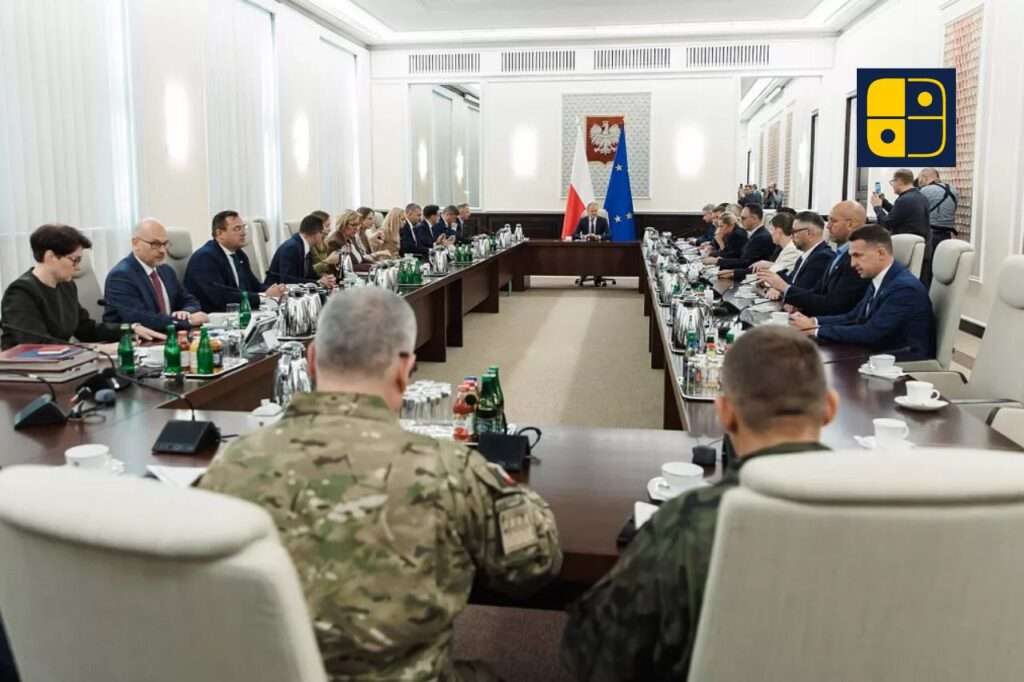Poland has officially triggered Article 4 of the North Atlantic Treaty after complaining that there were numerous violations to its airspace by Russian drones. Prime Minister Donald Tusk informed parliament that there is a total of 19 documented events that occurred in a single night, in which two drones were also shot down.
By invoking article 4, Poland will be able to request immediate consultations about the concerns surrounding its territorial integrity and security with NATO. All 31 NATO members can convene through the North Atlantic Council, the principal decision-making tool of NATO on Wednesday.
There have only been 8 confirmed uses of article 4 since 1949 and it is an important point that article 4 only provides for conversations amongst NATO members if a member state perceives a threat to their sovereignty or security. Article 4 is not viewed as a collective defense action, in contrast, when a member has been attacked or is threatened with an act of aggression (Article 5).
Some earlier instances of the use of article 4 include Turkey’s fear of Syria in 2012 and Turkey’s concerns of ISIS collapse in 2015. Poland’s use of article 4 is indicative of growing tensions and prevailing conflicts in Eastern Europe under the impending risks of the ongoing conflict in Ukraine under the auspices of the Russian Federation.
Experts say Poland’s action emphasized NATO’s unity regarding Russian military activity inside of its borders. As NATO Secretary General Jens Stoltenberg made clear last week as well, invoking Article 4 does not mean automatic military response, but it does mean that Moscow’s actions were taking place under a watchful eye and could lead to deterrent measures in the future.

